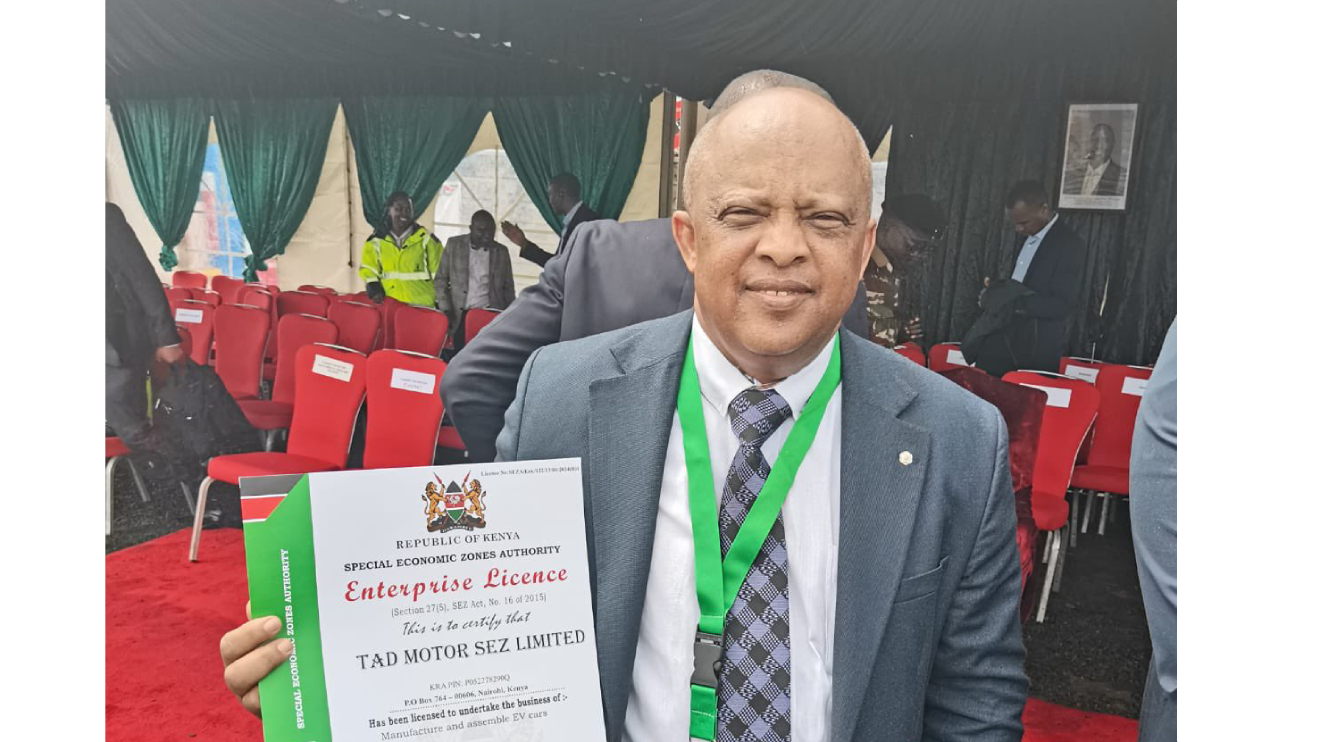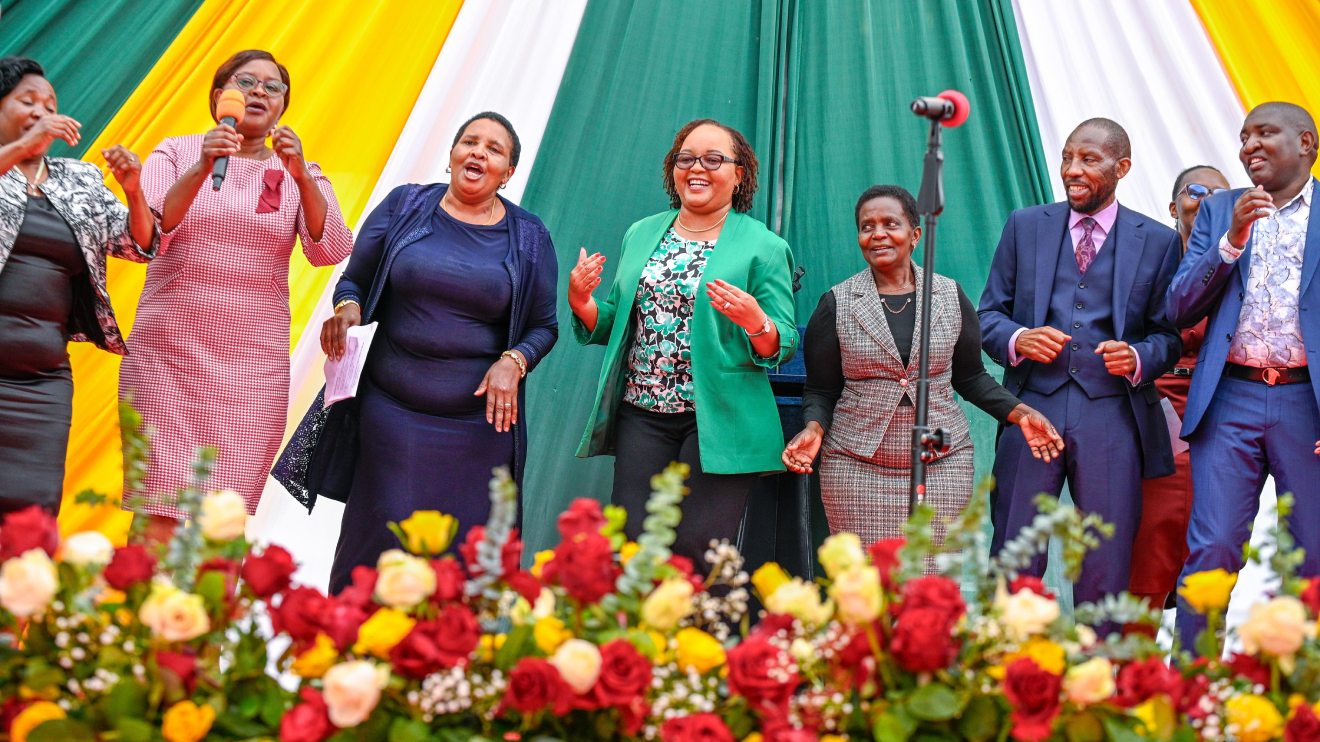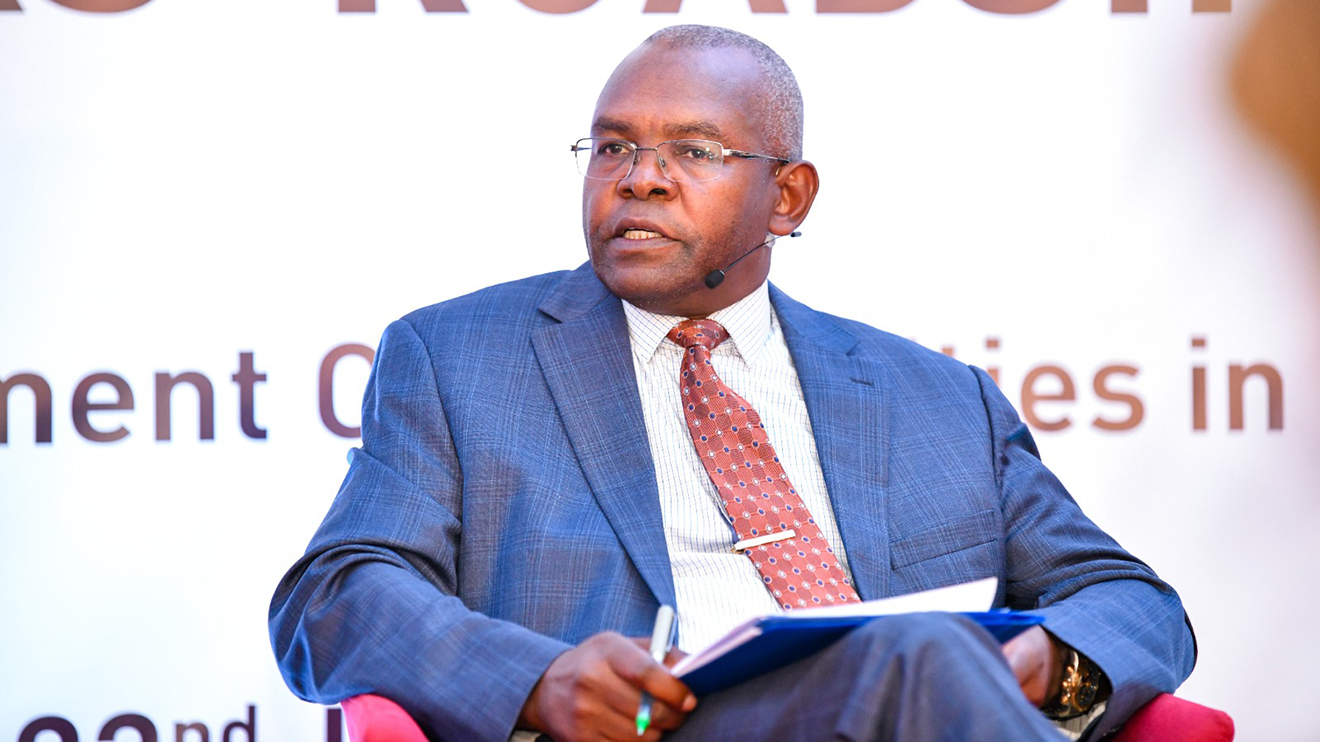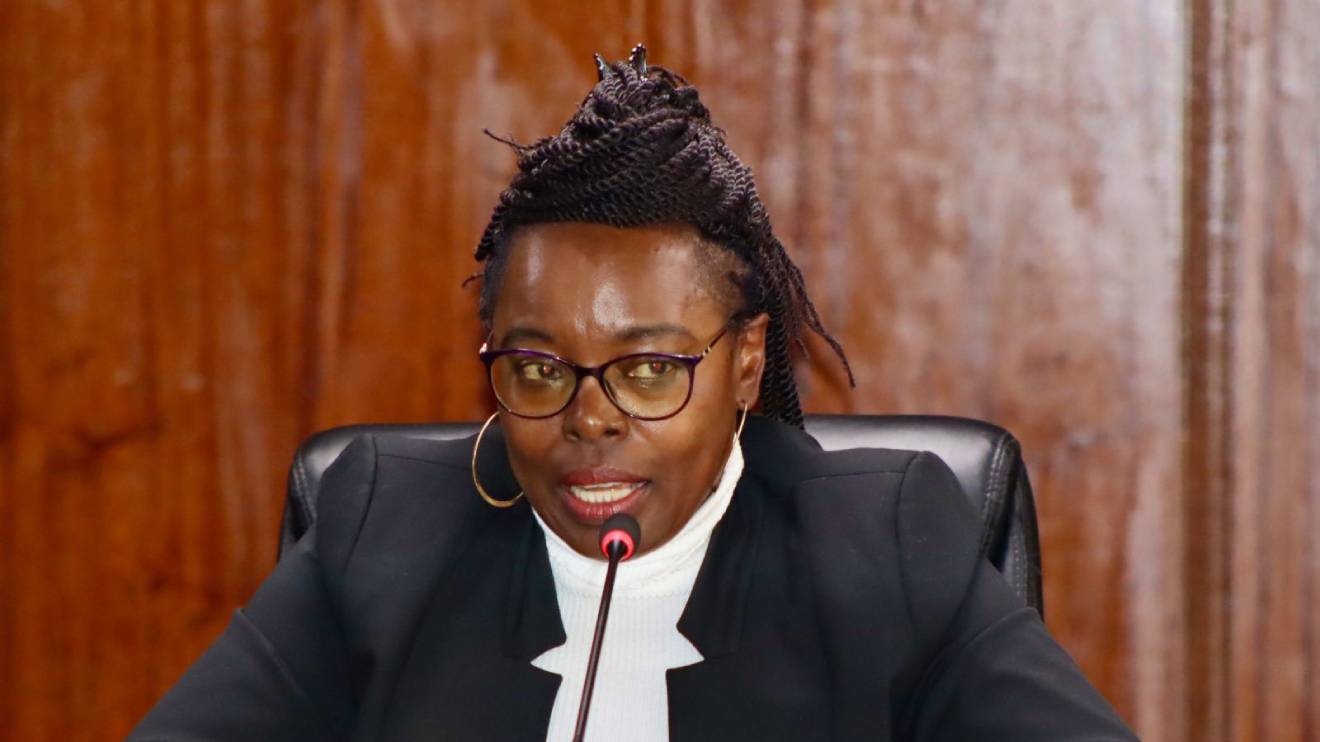A push to increase the minimum pay for private security guards has been given the green light after the High Court upheld a directive requiring security firms to pay their employees at least Sh30,000 per month.
The ruling ends months of legal wrangling and paves the way for enforcement of the new wage structure.
The wage policy was first introduced in November 2023 through a legal notice issued by then-Private Security Regulatory Authority (PSRA) Director General Fazul Mahammed.
The directive set Sh30,000 as the minimum monthly salary for private guards before statutory deductions, a move that was swiftly contested by industry players.
Leading the opposition was John Kipkorir, representing the Private Security Industry Association (PSIA), who challenged the directive in court.
Read More
He argued that PSRA had acted beyond its mandate, claiming that wage regulation was the sole responsibility of the Ministry of Labour.
He further contended that the directive had been introduced without public participation, violating constitutional provisions.
However, Justice Mathews Nderi Nduma of the Employment and Labour Relations Court dismissed the petition, ruling that it lacked merit and had, in any case, been abandoned by the petitioner.
“In the final analysis, the petition was abandoned by the Petitioner and is struck out by the court and in any event the same lacked merit and stood to be dismissed which the court proceeds to do,” Justice Nderi ruled.
With this ruling, PSRA has reaffirmed that private security firms must comply with the pay directive or face penalties.
Employers who fail to pay guards the stipulated minimum will risk fines of up to Sh2 million.
The salary breakdown under PSRA's directive includes a basic pay of Sh18,994, a house allowance of Sh2,849.11, and an overtime allowance of Sh8,156.81, bringing the total to Sh30,000.
Statutory deductions include contributions to the National Social Security Fund (NSSF), the Social Health Insurance Fund (SHIF), Pay As You Earn (PAYE), and the affordable housing levy.
Prior to this directive, private security guards earned significantly less under guidelines set by the Ministry of Labour.
In 2022, the ministry had pegged the minimum wage for night guards at Sh16,959 in major cities such as Nairobi, Mombasa, Kisumu, and Nakuru, with those in former municipalities earning Sh15,722, while guards in other areas received a minimum of Sh9,672.
The legal battle over the wage directive had also played out in Eldoret, where the Association of North Rift Security Firms sought a court injunction against its implementation.
In December 2023, Justice Wananda Anuro granted temporary relief by suspending the directive.
However, on January 16, the same judge ruled that the case had been resolved and formally closed the matter.
Meanwhile, PSRA has embarked on a nationwide registration process for security personnel, issuing Guard Force Numbers (GFN) to private guards, corporate security officers, and those offering security services to government institutions.
This move is part of a broader government strategy to integrate private security into national security operations.
With the legal hurdles now cleared, the focus shifts to enforcement, as security firms are expected to adjust their payrolls or risk penalties.
The coming weeks will reveal whether the industry swiftly complies—or faces regulatory action.







-1756319289.jpg)




